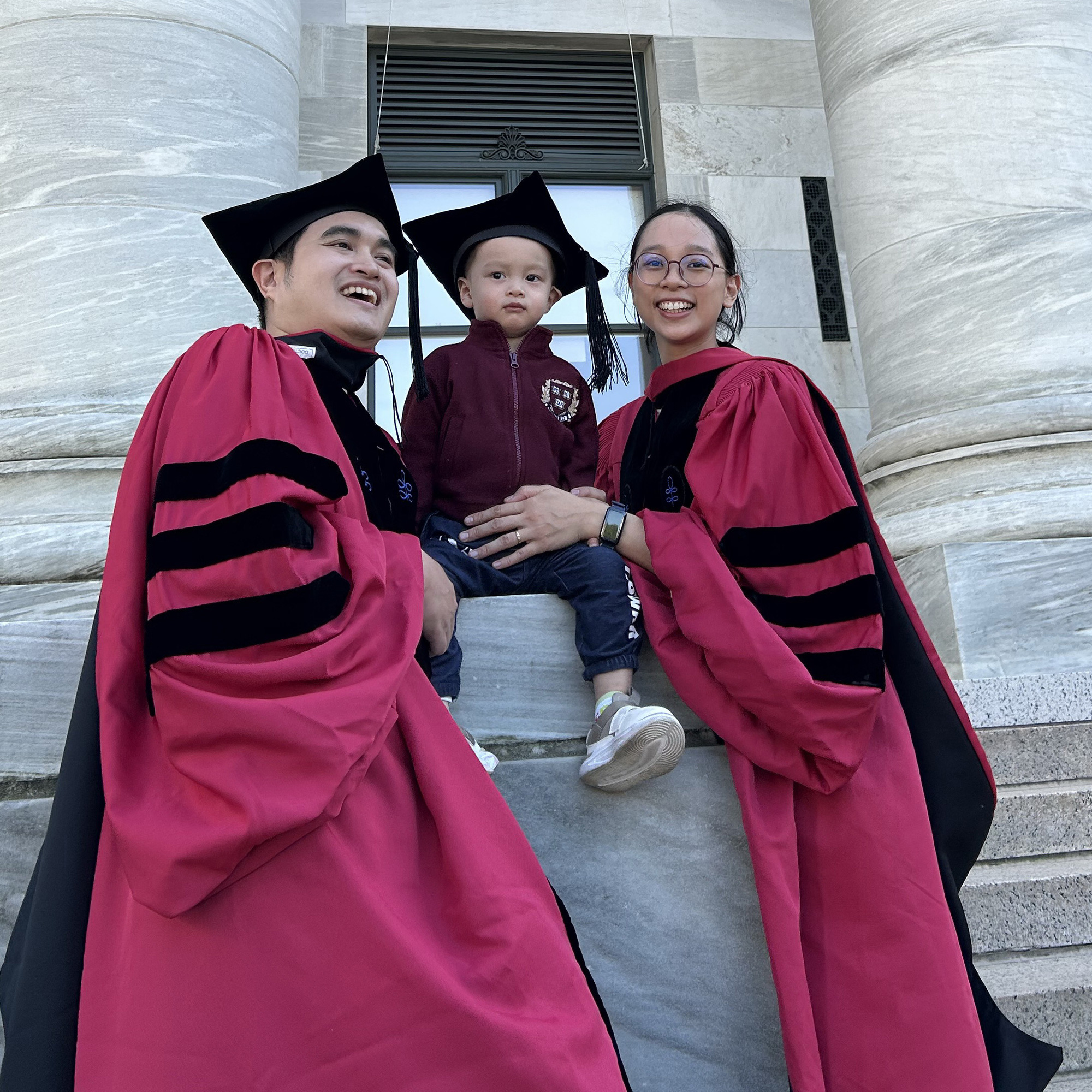
Couple Bui Phuong Linh, Pham Thanh Tung and their child on the day of their doctoral graduation from Harvard University (USA) - Photo: NVCC
Two new PhDs had a conversation with Tuoi Tre reporters.
Research on nutrition and cancer
* Can you share more about your research during your PhD at Harvard?
- Phuong Linh: My topic is to build a nutritional scale for each person to see if they are eating well for their health and the environment.
For example, beef is a nutritious food, rich in iron, but eating a lot of beef can increase the risk of colorectal cancer. Environmentally, raising a cow takes up to a year, consuming a lot of grass, water, usually and manure, emitting a lot of greenhouse gases...
Meanwhile, chicken is also a nutritious food but contains less substances that can cause cancer, and a chicken can be harvested for meat after only about 2 - 3 months.
The scale will help users visualize which foods, and at what levels, will be both good for health and limit impacts on the environment.
- Thanh Tung: People born into families with a history of colorectal cancer are often 1.5 - 2 times more likely to develop the disease. Many patients ask whether their children can "erase" this high risk?
My research focused on the above question, the results found that a person with a family history of colorectal cancer, if they have a healthy lifestyle, a reasonable diet and ensure weight, then after about 30 years, the risk of the disease will return to that of a normal person.
* What was the biggest challenge for you two in your journey to complete your doctoral program at Harvard, one of the most prestigious schools in the world?
- Phuong Linh: I think the hardest thing is the COVID-19 pandemic. At the end of 2019, when I was in my first semester of doctoral studies, in early 2020, the COVID-19 pandemic spread rapidly in the US. So from the second semester of the first year, the school switched to online learning, and maintained online learning until the end of the second year. Online learning is very sad.
By the time the vaccine was available in the US, there was an outbreak in Vietnam. We couldn't go home for three years, and we were very worried about our family. The COVID-19 pandemic made things more challenging for both of us, for our family, and probably for our other classmates and the school.
- Thanh Tung: The COVID-19 pandemic has made it impossible to carry out many plans during the PhD period. Initially, we planned to return to Vietnam to collect data for some parts of the research.
However, for me, the difficulty is usually more in how to enter the program. For master's and doctoral programs, I did not pass the first time I applied but passed the second time. When I was accepted, the programs all had very good support for students.
* You are both students at Hanoi Medical University, studying for your master's degree at John Hopkins University, and doing your doctorate at Harvard. It seems like you always have each other on your path?
- Phuong Linh: People often think that we "have to go together", but that's not the case. We still prioritize individual learning orientation.
The important thing is still the fit. For example, if one person gets into Johns Hopkins or Harvard and the other doesn't, there's no reason to refuse the scholarship because these are top schools with the majors we pursue.
But it was also fortunate that the places we wanted to study and received scholarships were in the same place. That way, we can support each other more.
Mr. Tung is good at coding, math, and statistics, so he supports me a lot. We also often discuss study and research topics.
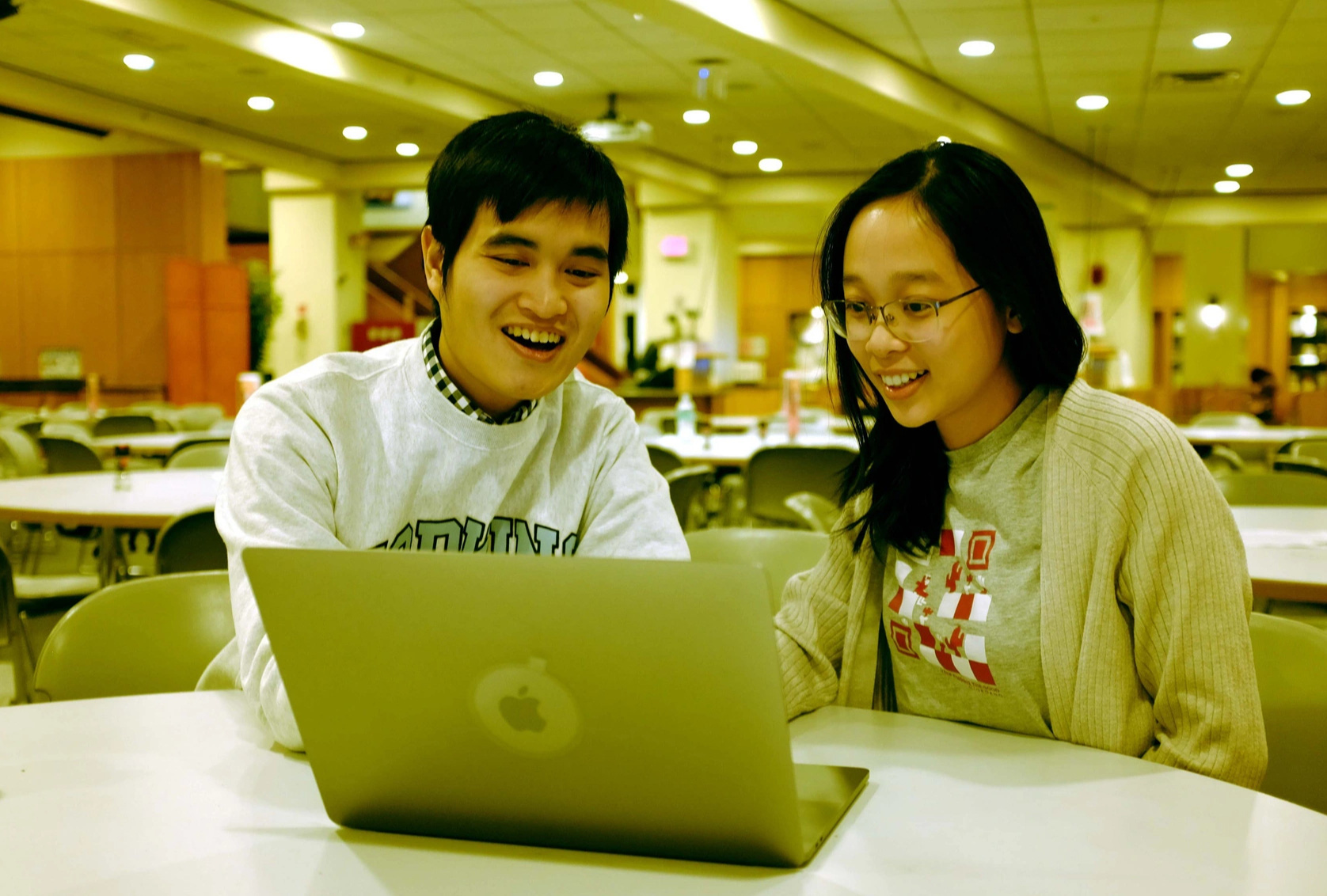
Couple Bui Phuong Linh and Pham Thanh Tung - Photo: NVCC
Support Vietnamese students
* Even though you are busy, do you still spend a lot of time on community projects, supporting Vietnamese students?
- Phuong Linh: After studying for a master's degree at John Hopkins University, we found the curriculum and teaching methods here to be very good. Students don't need to be too excellent to understand the knowledge.
Meanwhile, in Vietnam, medical students are very intelligent, not inferior to other countries. We think we can bring the specialized knowledge we have learned to pass on to Vietnamese students.
In 2018, the REACH project was born, starting with a grant for former American students in Vietnam. The project builds online and offline classes and awards microgrants to students who are nurturing community projects.
After 2019, we will spend our own money, spending 20 million VND for each student project. Each year, we accompany two projects, not too many but because we will give you more ideas and methods to improve quality.
- Thanh Tung: Sometimes, students really need initial support so that they can have their first research, first article, first achievement, and start the first steps on their path. We used to really want to have a mentor for ourselves to receive advice and guidance.
We also received a $500 microgrant as students to start our research journey. Now, we want to be able to mentor you again. Each year, our programs are conducted in all three regions and we often give priority to those in disadvantaged areas.
* It is known that you have just completed your doctoral studies and your plan to have... a baby. Perhaps it is not easy for you to balance both of these plans?
- Phuong Linh: We feel very lucky and have received a lot of help. When the baby was born (2022), my husband and I were both taken three months off from school. This time was right during the school's summer vacation, so it did not affect our study and research progress. A few weeks after the birth, my husband and I decided to bring the baby back to Vietnam. The baby was well-behaved and "cooperative" throughout the flight.
After giving birth, I was able to return to research. Every night, after my baby slept for about 30 minutes, I would wake up to analyze data and code on the computer... Luckily, I had completed most of the parts that had to be done directly in the US, and the last parts of the research, I could do remotely in Vietnam.
Evenings in Vietnam are mornings in the US, so it is convenient to meet online with professors or participate in remote teaching assistantships. In the program, we will have to teach assistantships for 10 semesters.
- Thanh Tung: Giving birth during the COVID-19 pandemic will have many restrictions, such as hospitals restricting people from entering and leaving, and traveling is also a bit more difficult than usual.
Because we decided to bring the baby back to Vietnam early, we had to quickly get the birth certificate and passport, pack our things, clean the house... During that time, we had to put everything almost aside to focus on our child.
Serving Vietnamese people
* What are your plans for the future?
- Thanh Tung: We have returned to Vietnam, with a long-term plan to build a strong research group on non-communicable diseases to serve the Vietnamese people. We are also very interested in training, because we think there is a lot of knowledge that Vietnamese people can completely teach Vietnamese people right in Vietnam, it is not necessary and not everyone has the opportunity to study abroad or receive scholarships in medicine.
Dr. Pham Thanh Tung graduated from Hanoi Medical University in 2015 and completed his Master of Public Health at Johns Hopkins University in 2017 with a full scholarship from the VietnamEducation Foundation (VEF) and Johns Hopkins University. He is currently a lecturer in the Department of Physiology, Hanoi Medical University, and a part-time lecturer at VinUni University.
Dr. Bui Phuong Linh graduated with a general practitioner degree from Hanoi Medical University (2015) and completed her master's degree in public health at Johns Hopkins University in 2017 with a full scholarship from VEF and Johns Hopkins University.
She is currently working with the research team at HSPH on global sustainable nutrition and is a part-time lecturer at VinUni University.
Source: https://tuoitre.vn/vo-chong-cung-la-tien-si-harvard-20240602095826533.htm












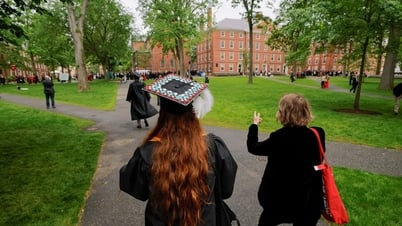




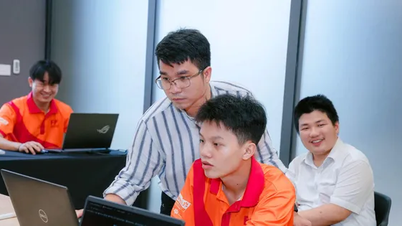

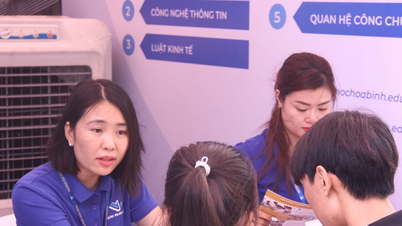

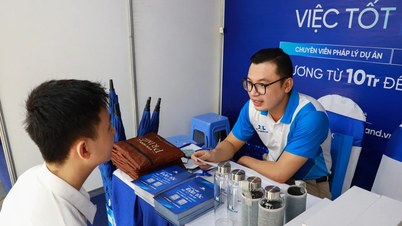
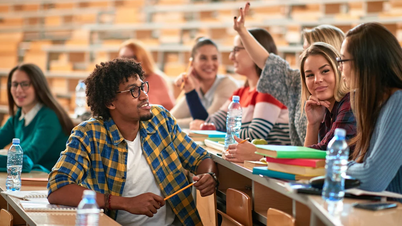
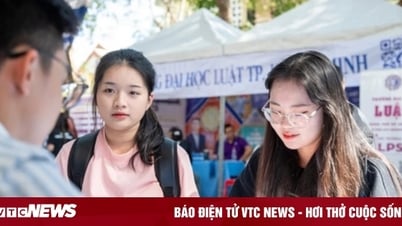

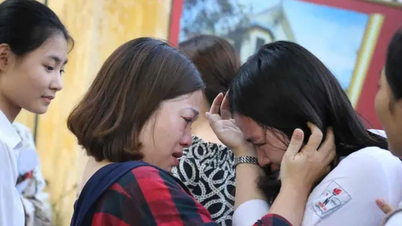






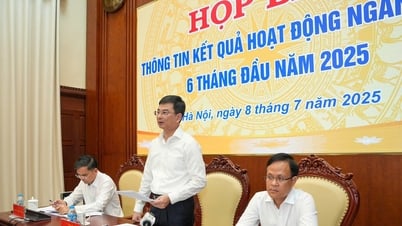


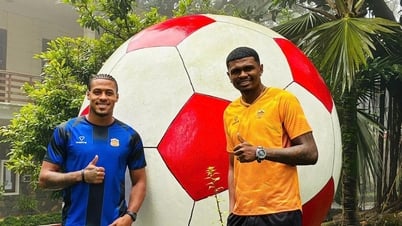
















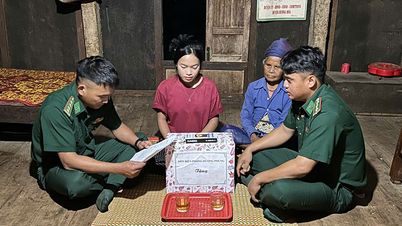















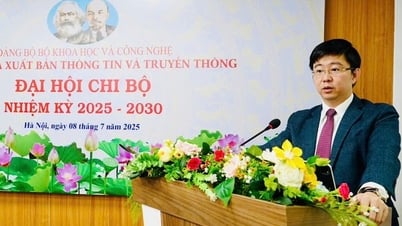




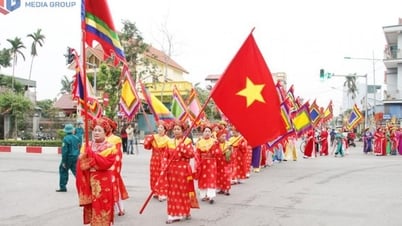
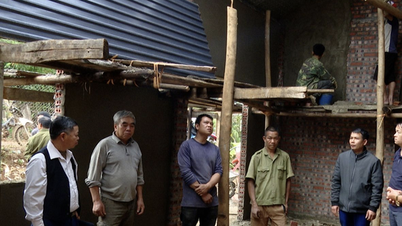
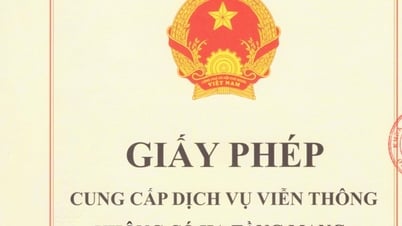
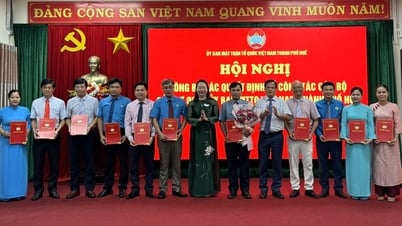



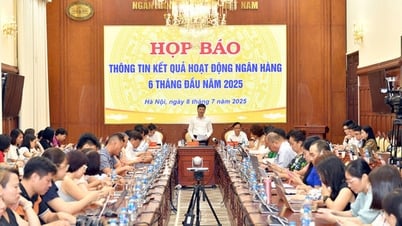



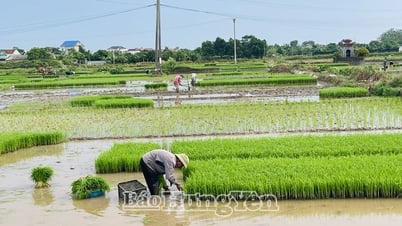













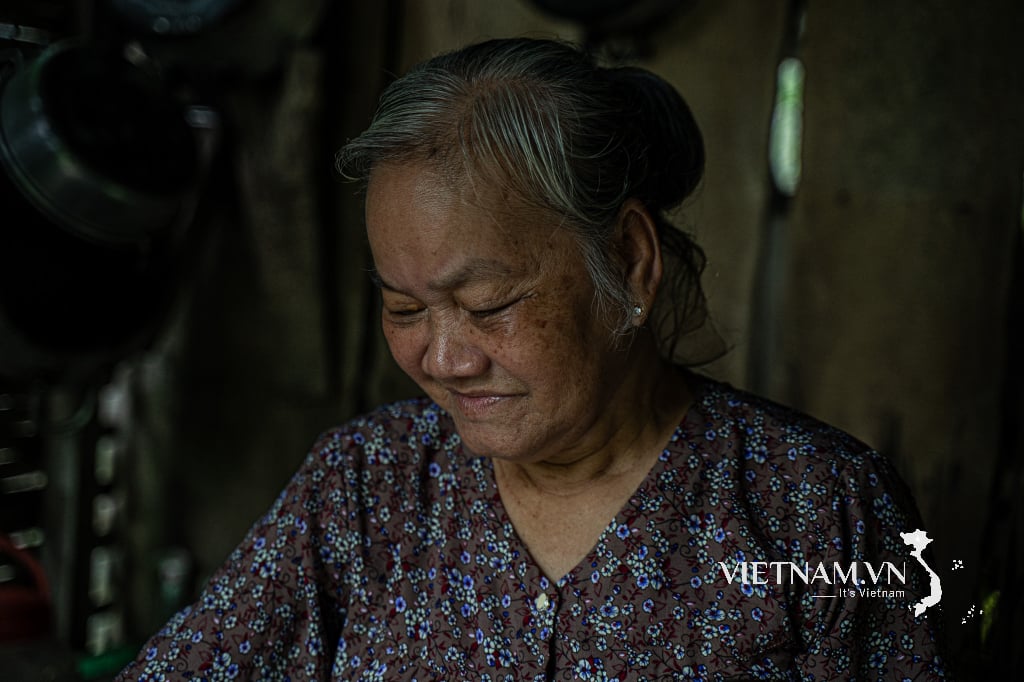
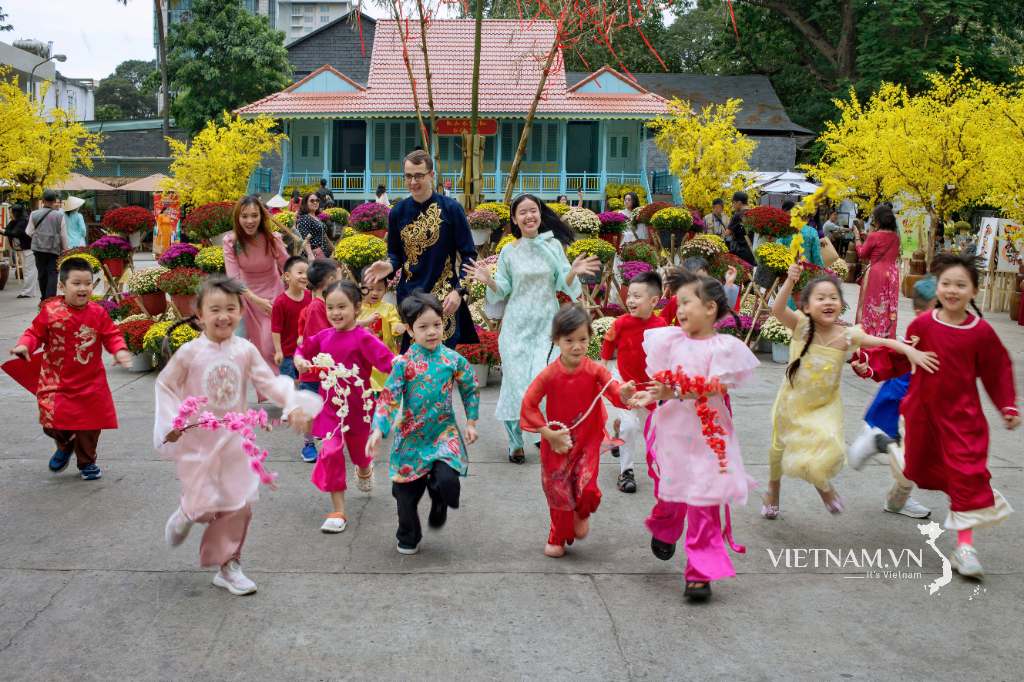
Comment (0)